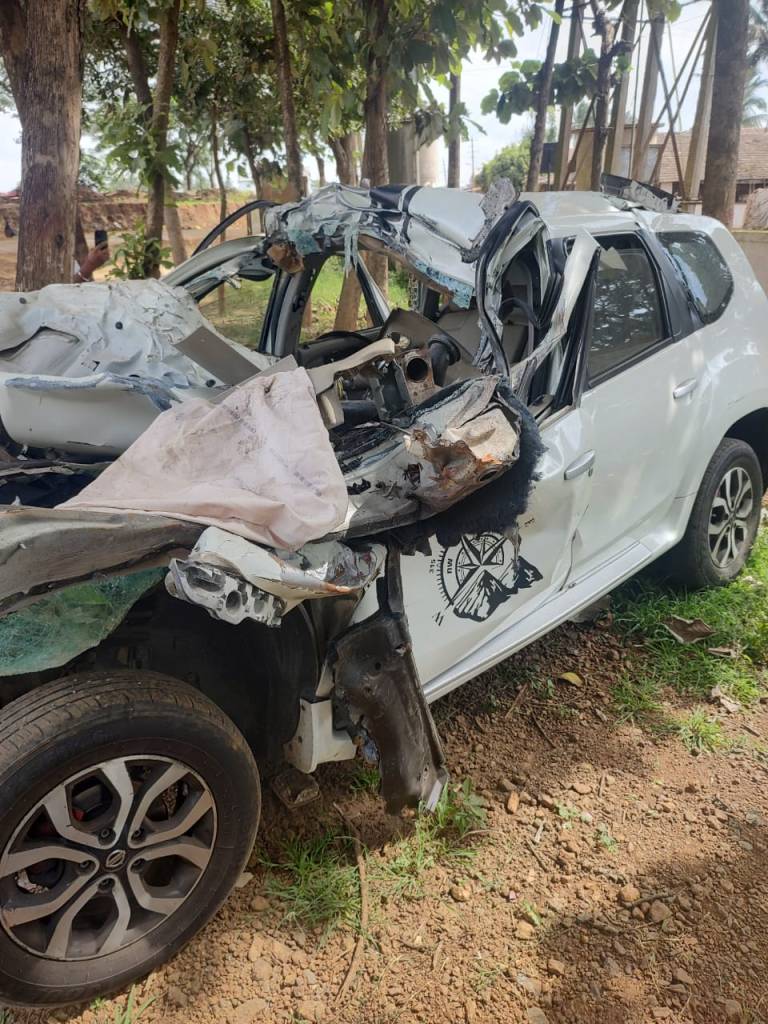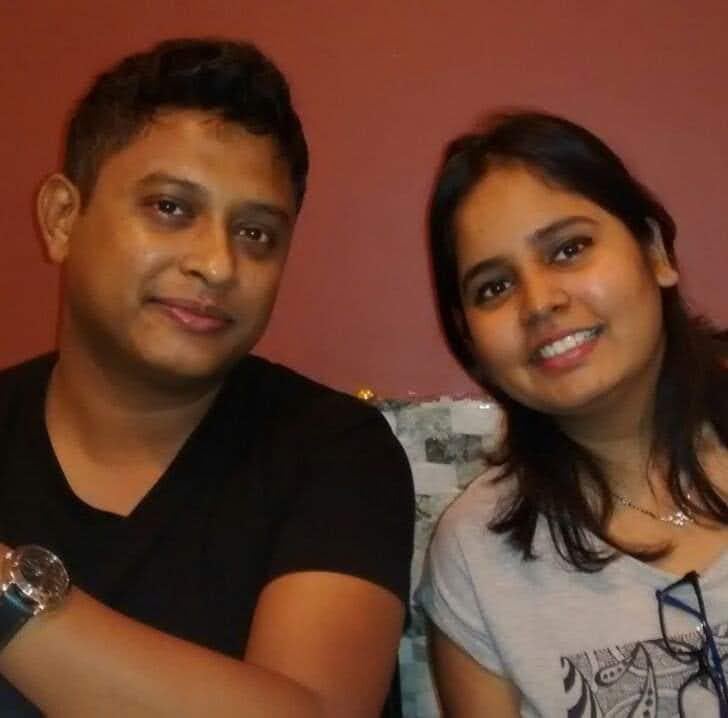What does the new Hindi film Ghoomer have in common with a recent road accident in India in which a couple lost their lives and left two children orphaned? They both underscore the grim state of road safety in the region
By Urmi Chanda
Like a typically aspirational Southasian parent, I recently took my teenage son to watch the Hindi sports feature film Ghoomer in Mumbai, hoping it would inspire him and get his head out of a mobile game for a while.
Directed by R. Balki and featuring Abhishek Bachchan in a leading role, Ghoomer is a guts-and-glory, somewhat formulaic sports tale. But like the disabled protagonist, who scored a winning boundary at the end, my movie plan hit home. I left the theatre with a satisfied son.
But even as the audience clapped and cheered for the lead character, who makes a dramatic comeback despite all odds, my mind remained stuck at one point in the plot – the accident (spoiler alert).
A spin in the tale
The female protagonist, Anina (played by Saiyami Kher), is a talented cricketer whose promising career crashes (no pun intended) to a halt with a car accident the night before her first international cricketing tour. The resultant amputation of her right arm renders her – a batter – useless.

Life gives her a second chance when erstwhile test bowler, Padam ‘Paddy’ Singh Sodhi (played by Bachchan), takes her under his wing and trains her to be a spin bowler. It is a massive paradigm shift for Anina, who must not only relearn life skills using her left arm but also a brand-new cricketing skill.
A disgruntled and often drunk Paddy finds renewed purpose in reviving Anina’s career and the film ends happily, with the latter winning the game and at life.
The hallmark of the story, indicated in the title, is a full body twist move (a ghoomer!) that is devised for the protagonist for sharp, swift deliveries. Each time Anina makes a ghoomer delivery and takes a wicket, the audience within and outside the screen cheers. It is as if the protagonist’s spinning ball nullifies the cruel spin of fate.
Art imitating reality
But such poetic justice or second chances are rarely mirrored in life. Why my mind stayed rooted at the tragic plot point is because less than a fortnight earlier, a dear friend was involved in a car crash. Manoj Kumar Singhdeo lost more than a limb and a career.
He and his fiancée, Priyanka Surdeo, died in a road crash on the night of 12 August 2023, en route from Bengaluru to Pune at 2.30 am. He was just 40. Priyanka was 37.
Manoj’s seven-year-old daughter, Ishika, and his late wife’s sister Monalisa Biswal, 38, seated behind, were knocked unconscious but survived, though with serious injuries.


Dashcam footage later revealed that Manoj had fallen asleep at the wheel, and crashed straight into a moving truck ahead of them.
The car, a Nissan Terrano, released its airbags, but the impact killed Manoj in the driver’s seat and Priyanka next to him on the spot.
When Monalisa regained consciousness shortly afterwards, she called for help using her phone.
Twice the tragedy
While Manoj and Priyanka’s last rites were being conducted, Monalisa and Ishika were hospitalised in Hubli, a town in Karnataka. Ishika was more seriously injured, with her limbs and pelvis fractured. She faces a long road to recovery, but her pain will probably linger long after her bones have healed.
Ishika lost her mother Swati in 2021 to the cruel delta wave of Covid. Swati, then 33, had caught the infection towards the last stages of her pregnancy. An emergency Caesarean section followed to save the mother and the baby. Swati had to be put on an advanced life-support system after the surgery, but didn’t make it. The baby did.

Manoj was left caring for a newborn, Abhimanyu, besides Ishika. His ageing parents took on caregiving for the baby boy in their hometown Balangir, Odisha, while Ishika stayed with her father in Bengaluru.
Over the next couple of years, Manoj grieved his wife’s loss but also keenly sought another partner, who could fill the void of a mother in his children’s lives. He met Priyanka online. They had recently announced their engagement and were driving to Pune and Mumbai where Manoj wanted to introduce Priyanka to his closest friends.
Alas, the friends would never meet the fiancée and the new chapter of their lives would never begin.
Through their grief, Manoj’s friend swung into action and initiated a fundraiser to support Ishika’s medical treatment. Within five days, the Ketto campaign was able to raise INR 5,00,000, for this purpose.
It falls on Monalisa’s younger brother Binay Biswal, 32, to take on the responsibility to care for the two crash survivors. He will need more support to secure little Ishika’s future.

A constant concern
The loss of Manoj and Priyanka’s lives and the devastation of Ishika’s is a tale that is repeated all too often in Southasia. While the region has only 10 percent of the world’s vehicle fleet, it accounts for 25 percent of the global crash fatalities, reports the World Bank.
In India alone, some 150,000 people lose their lives to road crashes every year, with more than five times that number injured or maimed for life. Pakistan, Bangladesh, Nepal and Sri Lanka have equally dismal or worse statistics in the matter of road safety.
Beyond these numbers lie stories of personal loss, reminding us how so much is left wanting. Organisations like the World Bank, Asian Development Bank, and even Sapan (Southasia Peace Action Network) run road safety awareness campaigns, and all UN Member States have adopted a resolution (74/299) towards Improving Global Road Safety.
Both the state and citizens must step up to create and follow safety norms so that these perfectly avoidable losses may be minimised, and stories of the living are not so cruelly cut short. Perhaps the film Ghoomer will help put the spotlight on this issue.
Urmi Chanda is a Mumbai-based peacebuilder, interfaith research scholar, and occasional journalist. She can be reached at urmi.chanda@gmail.com
This is a Sapan News syndicated feature.
Published in:
- South Asia Monitor, A Bollywood film and a tragic tale: Poor road safety awareness remains region’s blight, 29 Aug 2023

